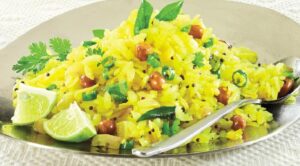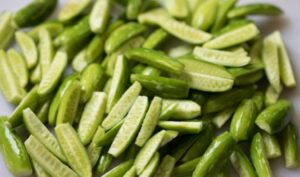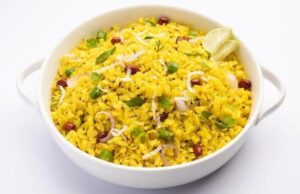Why You Should Stop Using Plastic Wrap for Fruits and Vegetables — And What to Use Instead
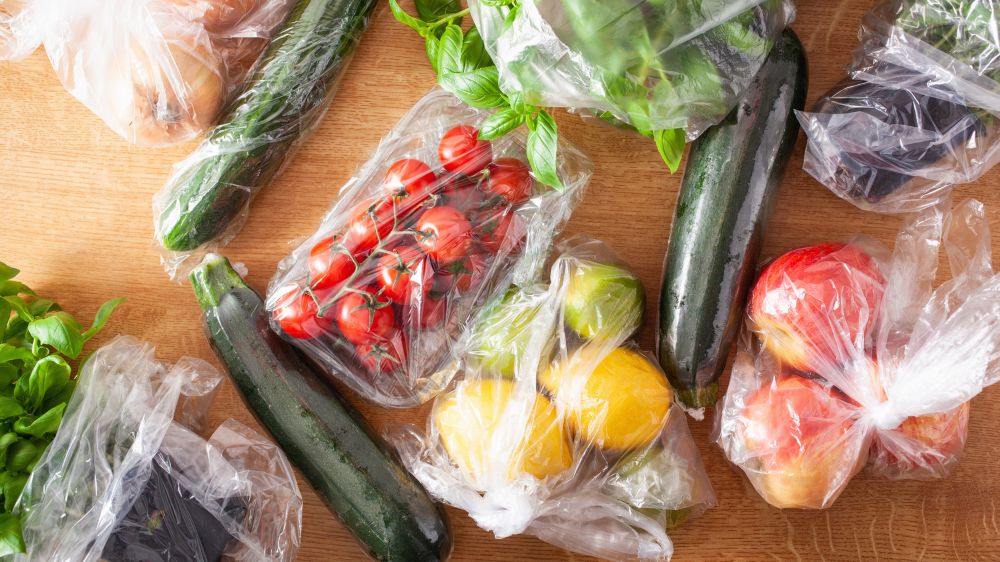
Why You Should Stop Using Plastic Wrap for Fruits and Vegetables — And What to Use Instead
Still wrapping your cucumbers or apples in plastic to keep them fresh? It might be time to rethink that habit. While cling film has long been marketed as a freshness booster, new research reveals it may actually do the opposite — speeding up spoilage, increasing food waste, and even exposing you to harmful microplastics.
New Study Busts the Plastic Wrap Myth
A comprehensive 18-month study by the UK’s Waste and Resources Action Programme (WRAP) tracked the freshness and waste patterns of five commonly consumed items — apples, bananas, broccoli, cucumbers, and potatoes. The findings were eye-opening:
- Plastic-wrapped produce didn’t stay fresh longer than unpackaged items.
- Pre-packaged food encouraged overbuying, leading to more waste.
- Misleading ‘best before’ dates on plastic packs led people to throw out food that was still good.
- Selling fruits and veggies loose could save the UK around 100,000 tonnes of food and over 10,000 tonnes of plastic every year.
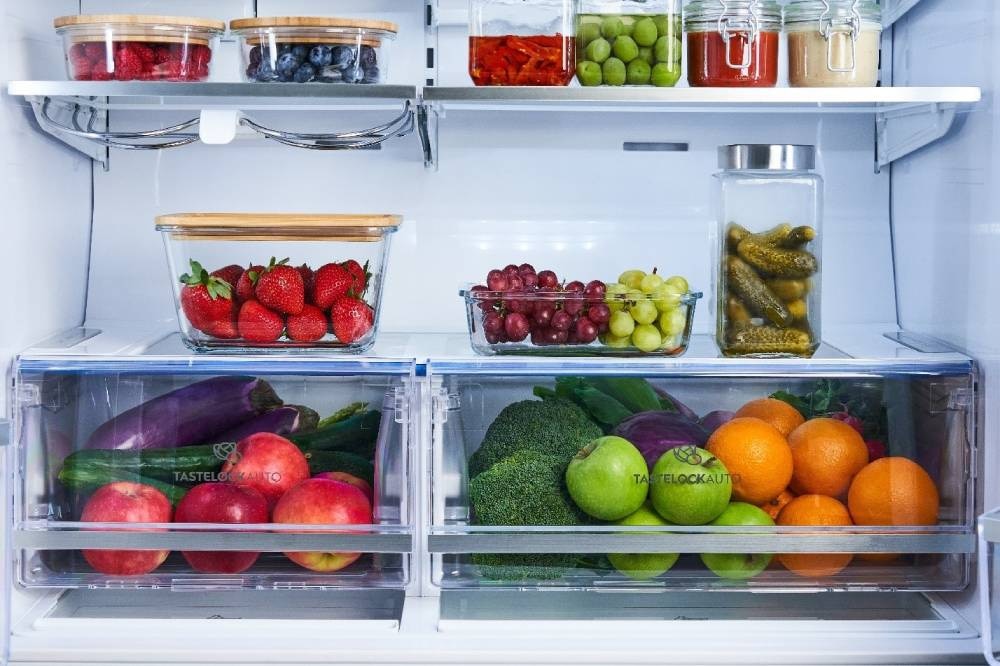
So, instead of extending shelf life, plastic wrap may actually do more harm — both to your food and to the environment.
Hidden Health Risk: Microplastics in Your Meals
Beyond food waste, there’s a more alarming concern — microplastics. A 2020 study in Environmental Research found that microplastic particles can enter fruits and vegetables through soil, irrigation water, and even from plastic packaging itself. These particles, which are invisible to the naked eye, are increasingly turning up inside the food we eat.
Another scientific review warned that chemicals used in plastic wraps — such as phthalates and DEHA — may disrupt hormones and affect reproductive health over time. In short: plastic wrap isn’t just useless, it could be putting your well-being at risk.
Smarter, Safer Ways to Store Your Produce
Looking to ditch plastic wrap for good? Here are easy, effective alternatives that keep your fruits and veggies fresher — without the plastic pollution:
- Store produce loose whenever possible. Skip the plastic at the store and in your kitchen.
- Use breathable containers with air vents or loose lids to reduce moisture build-up in the fridge.
- Try cotton or mesh bags for onions, potatoes, and leafy greens — they’re reusable and keep air flowing.
- Switch to beeswax wraps for covering half-used fruits or veggies. They’re reusable, natural, and mold to shape.
- Use glass or silicone containers for chopped produce. They’re airtight, non-toxic, and long-lasting.
- Avoid washing produce before storing — excess moisture can cause early spoilage.
- Keep ethylene-producing fruits like apples, bananas, and tomatoes away from ethylene-sensitive items like leafy greens and cucumbers.
- Consider wooden baskets or crates for pantry storage — ideal for dry produce like root vegetables.
Quick Comparison: Plastic Wrap vs Better Options
| Storage Option | Pros | Cons |
|---|---|---|
| Plastic Wrap | Easy to use, widely available | Traps moisture, speeds up rot, adds microplastics |
| Glass Containers | Airtight, reusable, chemical-free | Heavier, more expensive upfront |
| Cotton/Mesh Bags | Breathable, eco-friendly | May dry out produce if unchecked |
| Beeswax Wraps | Natural, reusable, shapes around food | Not ideal for wet or hot foods |
| Wooden Baskets | Traditional, breathable, plastic-free | Best for dry items, needs regular cleaning |
Time to Rethink Food Storage
For years, we’ve been sold the idea that plastic keeps food fresher. But the science now says otherwise — it leads to more spoilage, more waste, and possibly even health risks.
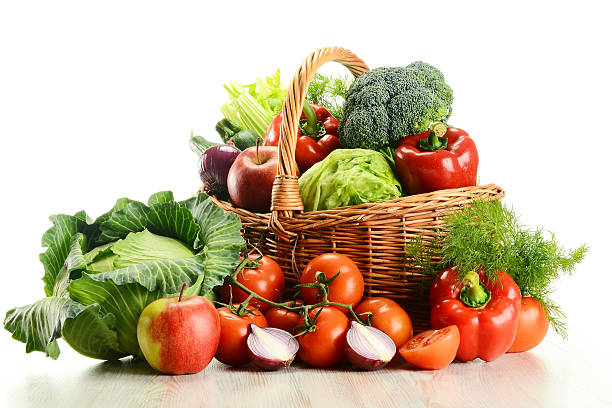
The good news? You don’t need plastic to keep your produce fresh. By switching to simple, sustainable methods — like loose storage, natural wraps, and breathable containers — you can extend shelf life, reduce waste, and take a step toward healthier living.
Ditch the plastic. Keep the freshness. Protect your health — and the planet.





